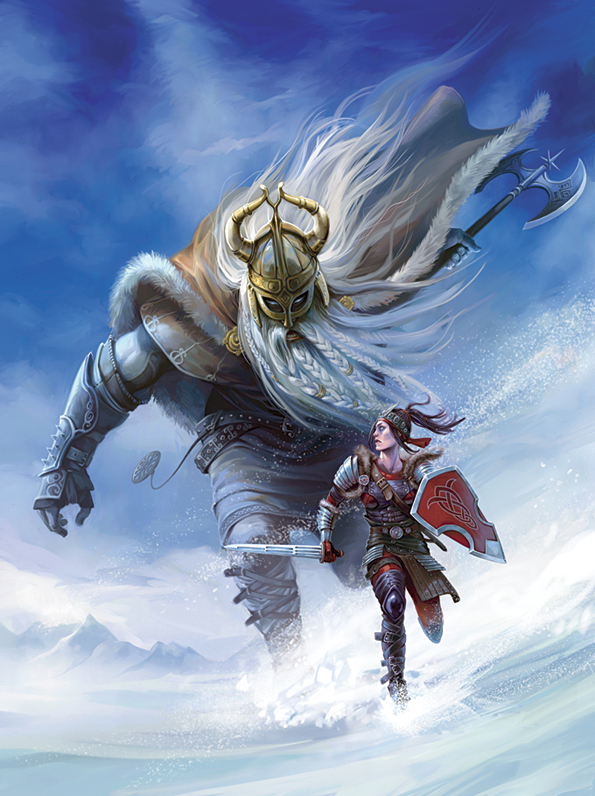
I know this is a rehash of a previous post. I’m not altering a word in or after the block quote. I believe that these ideas are worth repeating, because we’re talking about people who voluntarily walk into warzones and don’t necessarily walk back out; if they do, chances are, they will never be the same.
I tend to run a post that reads like this when a posting date falls on Memorial Day:
“Those who cannot remember the past are condemned to repeat it.” – George Santayana
We have the country we have today because people got pissed off enough to fight for it.
America’s military is based entirely on volunteer service. People enlist for various reasons, from pure-hearted desire to serve the country to paying for a college education. And those who can already afford college can embark upon a career as an officer right from the start. The important fact, though, is that none of it is compulsory. Nobody is making these young men and women sign up for service that could ultimately mean they’re going to die far from home, in some foreign land, possibly alone with no one to remember them save for a line item in a report listing them as “Missing In Action”.
Other countries compel their citizens to join the military from an early age. There’s no choice in the matter. Regardless of how you feel about your country, you’re going to be serving in its military. As much as I admire Heinlein, the idea of compulsory military service being the only route to citizenship is a pretty scary one. But unless I’m mistaken, no country has gone completely that far yet.
Here, though, every person who puts on that uniform, male or female, young or old, gay or straight, left or right, does so for the same reason. They want to serve. They chose to answer the call to duty. Nobody made them.
And if they died on a foreign shore, they did so as the ultimate result of that choice. As lonely, painful, cold and dark as it might have been for them, it is a deep hope of mine that they do not consider themselves forgotten.
We have not forgotten.
It may seem we have forgotten to some veterans, though. If they make it home, they tend to bear scars, and not always obvious ones. It’s shamefully easier to sympathize with a soldier who’s lost a limb or suffered major facial trauma than it is one who seems intact in body but says nothing about what’s going on in his or her mind.
These are people who, because of a choice they made, have stared death in the face, and been told, ordered, demanded not to flinch.
We hold soldiers in high esteem. Most see them as brave or even fearless. But they’re human beings, just like you and me. They have our doubts, our fears, our weaknesses. They, like us, are mortal. They’re going to die, and some die on foreign shores because they’re told to be there.
They fight for us anyway, and that’s what makes them great, and worth remembering.
I don’t have any particular charity or cause to champion here, nor do I know how easily one can get to some place like Walter Reed to see what becomes of those who only partially make it home. All I ask is that you remember them, not just today, but every day.




